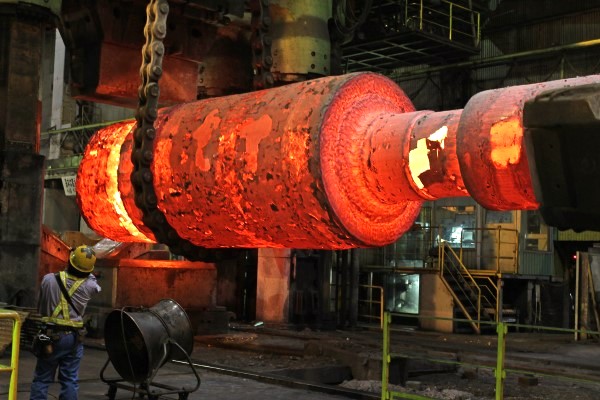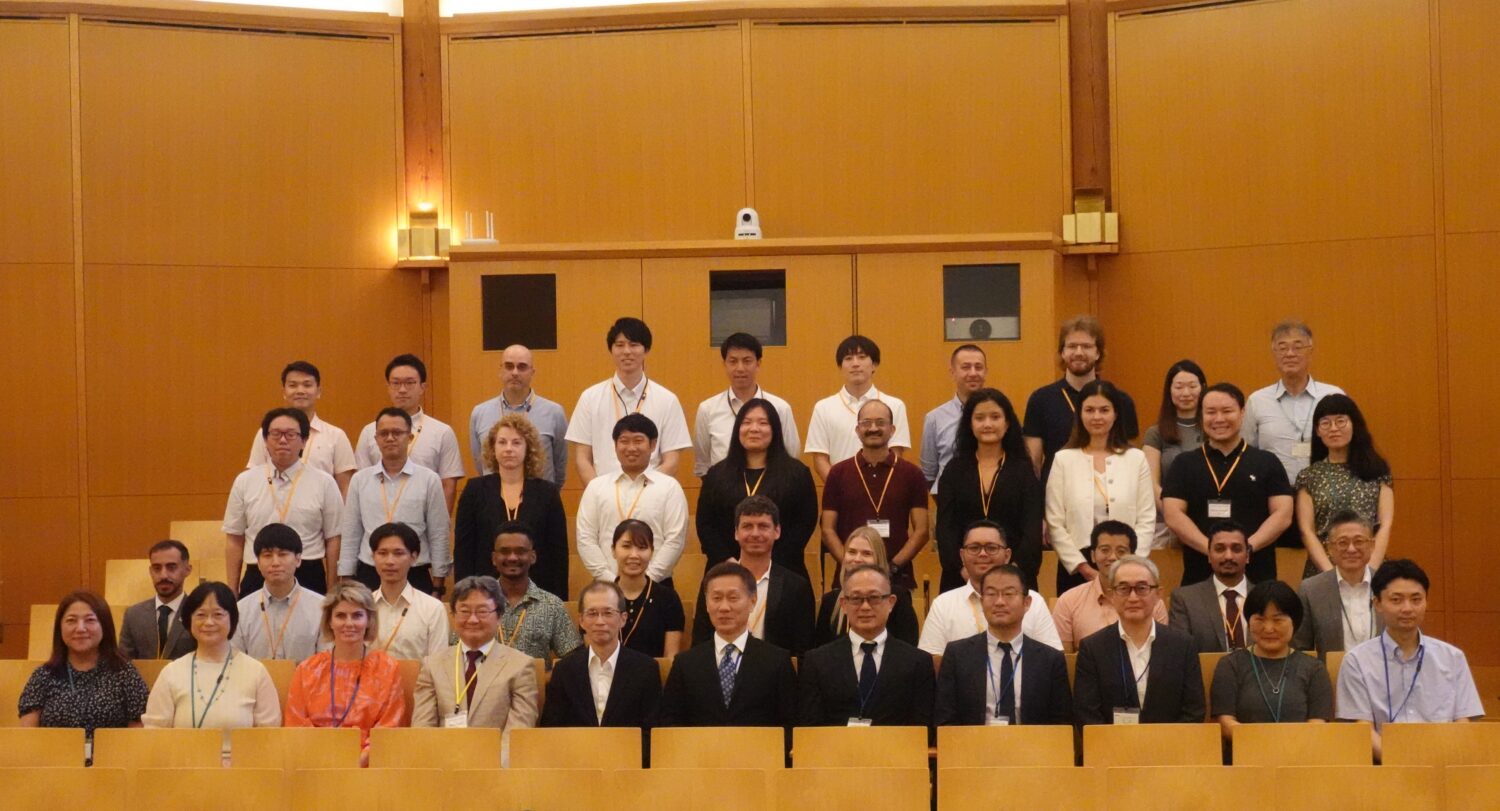With this action by Japan, whose installed nuclear capacity is approximately 140 GWt, the conditions for the entry into force of the CSC are satisfied – five or more contracting parties with a total installed nuclear capacity exceeding 400 GWt. The CSC will thus come into force on April 15. Argentina, Morocco, Romania, the United Arab Emirates (UAE) and the United States had signed previously, but their total installed nuclear capacity was only about 300 GWt.
As does the Treaty of Paris (including revisions and amendments; hereinafter the same) and the Treaty of Vienna (as revised/amended; the same), the CSC deals with matters of liability and compensation for nuclear damage. Under the CSC, when the damage from a major nuclear accident exceeds the limit of liability, the actual amount of compensation to be paid by the country is supplemented by contributions from all contracting parties.
To join the CSC, a country should already be a party to either the Treaty of Paris or the Treaty of Vienna, or ensure that its national legislation is consistent with the provisions laid out in the CSC.
The mechanism of the CSC is relatively easier for emerging nuclear countries to join, in comparison with the Treaty of Paris or Treaty of Vienna. It is also more convenient for Asian countries in the process of establishing their legal frameworks.
The CSC is also easier for countries like the U.S. that have their own legal systems regarding nuclear power, and that have enacted nuclear damage compensation laws.
Member countries of the Treaty of Paris are primarily EU countries, while those of the Treaty of Vienna are in Central and Eastern Europe, and Central and South America, with whom Japan has little geographical connection. As an international framework, the CSC is expected to reach areas/regions of particular interest to Japan – namely Korea, China and Taiwan, already major users of nuclear power, with the potential for damage across national borders; countries in Southeast Asia expected to introduce nuclear power; and Pacific Rim countries, including the U.S., which has already ratified it.
On the same day, January 15, Secretary Ernest Moniz of the U.S. Department of Energy (DOE) released a statement: “The Japanese ratification of the Convention on Supplementary Compensation for Nuclear Damage (CSC) marks an important milestone towards creating a global nuclear liability regime that will assure prompt and meaningful compensation in the event of a nuclear accident and will facilitate international cooperation on nuclear projects such as ongoing clean-up work at the Fukushima site. The United States looks forward to working with Japan to encourage other countries to adhere to the CSC, and thereby facilitate the safe and secure use of nuclear energy, which will benefit energy security and help mitigate the impacts of climate change.”















